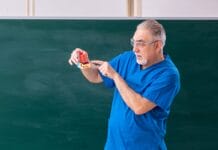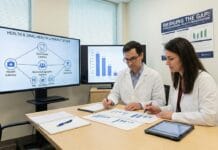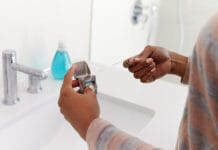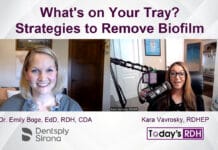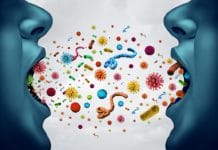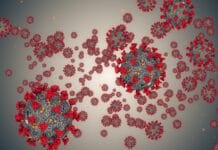If there is one thing we all agree on, it’s that communication is one of the most challenging aspects of human existence. We often say things we don’t mean without realizing the hidden message or how it will affect the person it is directed towards. Words shape the way we see and feel about ourselves.
Words also shape the perception of a profession. In dentistry, one word often heard is “diva,” typically directed at female dental hygienists. At times, it is a dentist saying it with a laugh, and sometimes it is a coworker saying it with hostility. Both are almost always rooted in minimizing and dismissing hygienists, with the intention of keeping them “in their place.” Decades of ignoring this verbiage has allowed it to take root in our society.
It’s not just the use of the word diva. It’s the way dentists say, “I went to school for eight years,” while implying that a hygienist only went to school for “two years.” If we are speaking factually, dentists would say their schooling required at least eight years, while hygienists attended school for three to four years, sometimes more. Words are chosen carefully, and this reinforces the hierarchy that undervalues what we do.
Recently, I corrected a dental hygiene student as she was self-proclaiming that she was a diva. In that moment, I realized how deeply this runs – a student who had not yet entered the professional world was already believing she was a diva. Society has taught us to pit women against women and to repeat the words that are used against us. It was then that I realized how much unlearning we must do in our own profession before we can ever expect the public to understand us.
The effect of this minimizing language extends beyond the operatory. The public is also trained, and patients are “going to see the dentist” regardless of the type of appointment they are scheduled for. Yet who do they see for 95% of the visit? The hygienist.
The language erases us, and people grow up never questioning it.
I don’t blame the patients. As a culture, we have come to believe that doctors know everything. This mindset does not leave room for other professionals to have specialized knowledge of their own. However, when hygienists speak about advocating for our scope of practice, prevention, or oral-systemic health, it is often brushed off. This isn’t because we are overstepping or wrong, but because the public has been conditioned to believe that providers other than doctors couldn’t possibly know enough to be worth listening to.
The Conflict: Expertise vs. Subordination
Our reality is that we spend years learning periodontology and medical subjects such as pharmacology, pathology, and anatomy, among others. We spend thousands of dollars and years of our lives mastering a curriculum set by our leaders that goes far beyond the basics. Yet, when we graduate, we are often forced into a boxed operatory (sometimes with no windows) where dentists on a board decide that we are only allowed to use a fraction of our education. They don’t want to acknowledge how much we know about our own profession.
To be clear, hygienists do not claim to know as much as dentists, nor do we want to do their job. We don’t want to restore – we want to prevent to the full scope of our knowledge. We are saying we are the experts in our profession, specializing in prevention and oral-systemic health. When we advocate for our profession, it is not about overstepping – it is about being respected for the knowledge we have.
I want to take a moment to acknowledge the many dentists and dental professionals who value our role in dentistry, who applaud our need for success in prevention, who respect our expertise, and who champion our desire for autonomy. I’ve worked alongside many of them. However, often the loudest voices – the ones that get repeated, the ones students hear, the ones patients hear, and the ones who have shaped our profession – are the ones minimizing our role. Those voices have shaped our culture in dentistry for far too long.
The Path Forward Is Autonomy
My question is: Why are we still mostly governed by dentists? When will hygienists make the rules for hygienists? When will we make up the entire board? The system is setting us up for failure, which jeopardizes not only dental hygiene but also the practice of dentistry. As hygienists become more educated, it becomes increasingly difficult to justify lowering our salaries and minimizing our roles. In response, the system attempts to create roles with fewer educational requirements, a move that simultaneously introduces lower costs to the practice. This isn’t about patient care or access to care – this is about control.
A better solution is for hygienists to have more autonomy, to be governed by hygienists themselves, and to work collaboratively with dentists, rather than being subordinate to them. Nurses did this. They achieved this by organizing, forming their own governing boards, and evolving their profession, and now they work with doctors, not as their subordinates. Why shouldn’t hygienists have the same?
In Closing
Ultimately, all of this comes back to the words we choose to use every day. Words like “diva,” “two years,” and “going to the dentist” may seem insignificant, but they add up to a culture that undervalues an entire profession. If we want to teach the public who we are and what we do, we must start by respecting ourselves. And that begins with the words we use every single day.
Before you leave, check out the Today’s RDH self-study CE courses. All courses are peer-reviewed and non-sponsored to focus solely on high-quality education. Click here now.




